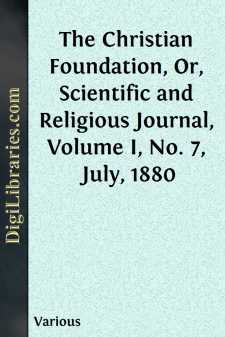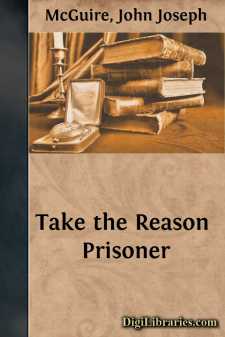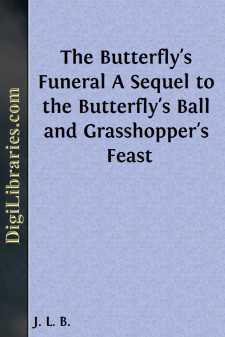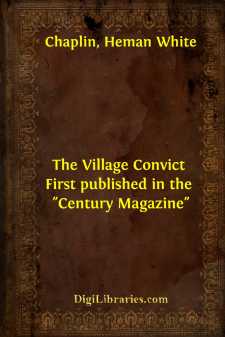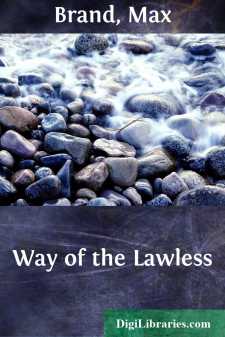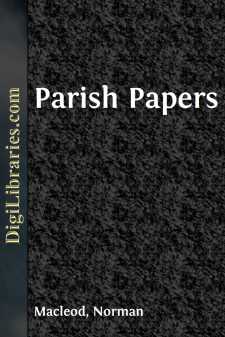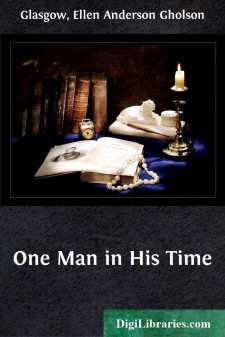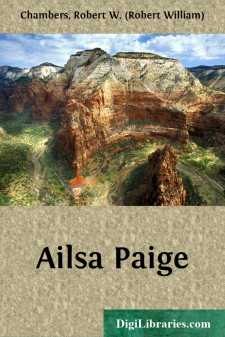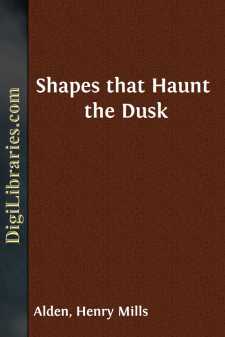Categories
- Antiques & Collectibles 13
- Architecture 36
- Art 48
- Bibles 22
- Biography & Autobiography 813
- Body, Mind & Spirit 142
- Business & Economics 28
- Children's Books 17
- Children's Fiction 14
- Computers 4
- Cooking 94
- Crafts & Hobbies 4
- Drama 346
- Education 46
- Family & Relationships 57
- Fiction 11829
- Games 19
- Gardening 17
- Health & Fitness 34
- History 1377
- House & Home 1
- Humor 147
- Juvenile Fiction 1873
- Juvenile Nonfiction 202
- Language Arts & Disciplines 88
- Law 16
- Literary Collections 686
- Literary Criticism 179
- Mathematics 13
- Medical 41
- Music 40
- Nature 179
- Non-Classifiable 1768
- Performing Arts 7
- Periodicals 1453
- Philosophy 64
- Photography 2
- Poetry 896
- Political Science 203
- Psychology 42
- Reference 154
- Religion 513
- Science 126
- Self-Help 84
- Social Science 81
- Sports & Recreation 34
- Study Aids 3
- Technology & Engineering 59
- Transportation 23
- Travel 463
- True Crime 29
Sort by:
by:
Various
THE FOUNTAIN OF HAPPINESS. The source and fullness of created good is the knowledge and enjoyment of God. "Give what thou wilt, without thee we are poor; and with thee rich, take what thou wilt away." The wicked are like a ship's crew at sea, carried by the winds upon unknown waters, without peace or safety until they can renew communications with the shore. A man alienated from his God is...
more...
Major general (Ret.) James J. Bennington had both professional admiration and personal distaste for the way the politicians maneuvered him. The party celebrating his arrival as the new warden of Duncannon Processing Prison had begun to mellow. As in any group of men with a common interest, the conversation and jokes centered on that interest. The representatives and senators of the six states which...
more...
by:
J. L. B.
Oh, ye, who so lately were blythesome and gay,At the Butterfly’s Banquet, carousing away;Your feasts and your revels of pleasure are fled,For the soul of the Banquet, the Butterfly’s dead.No longer the Flies and the Emmets advance,To join with their friends in the Grasshopper’s dance;For see, his thin form o’er the favourite bend,And the Grasshopper mourns for the loss of his friend.And hark, to...
more...
"Wonder 'f Eph's got back; they say his sentence run out yisterday." The speaker, John Doane, was a sunburnt fisherman, one of a circle of well-salted individuals who sat, some on chairs, some on boxes and barrels, around the stove in a country store. "Yes," said Captain Seth, a middle-aged little man with ear-rings; "he come on the stage to-noon. Would n't hardly...
more...
by:
Max Brand
CHAPTER 1 Beside the rear window of the blacksmith shop Jasper Lanning held his withered arms folded against his chest. With the dispassionate eye and the aching heart of an artist he said to himself that his life work was a failure. That life work was the young fellow who swung the sledge at the forge, and truly it was a strange product for this seventy-year-old veteran with his slant Oriental eyes...
more...
by:
May Baldwin
HARD FACTS. 'These are the facts, Miss Wharton; hard facts no doubt, but you wished for the truth, and indeed I could not have hidden it from you even if I had wished to do so.' So said a keen but kindly faced old gentleman, as he sat in an office surrounded by despatch and deed boxes which proclaimed his profession to be that of a lawyer. The young lady to whom these remarks were addressed,...
more...
by:
Norman Macleod
THOUGHTS ON CHRISTIANITY. I. WHAT IS CHRISTIANITY? This question refers to a matter of fact. I do not ask whether the Christian religion is true, but only, What is the Christian religion? What is that religion which has existed for eighteen centuries; which is professed by Christendom; and which has been more precious than life itself to millions who have died in its faith, and is so still to millions...
more...
THE SHADOW The winter's twilight, as thick as blown smoke, was drifting through the Capitol Square. Already the snow covered walks and the frozen fountains were in shadow; but beyond the irregular black boughs of the trees the sky was still suffused with the burning light of the sunset. Over the head of the great bronze Washington a single last gleam of sunshine shot suddenly before it vanished...
more...
CHAPTER I The butler made an instinctive movement to detain him, but he flung him aside and entered the drawing-room, the servant recovering his equilibrium and following on a run. Light from great crystal chandeliers dazzled him for a moment; the butler again confronted him but hesitated under the wicked glare from his eyes. Then through the brilliant vista, the young fellow caught a glimpse of a...
more...
Introduction The writers of American short stories, the best short stories in the world, surpass in nothing so much as in their handling of those filmy textures which clothe the vague shapes of the borderland between experience and illusion. This is perhaps because our people, who seem to live only in the most tangible things of material existence, really live more in the spirit than any other. Their...
more...


